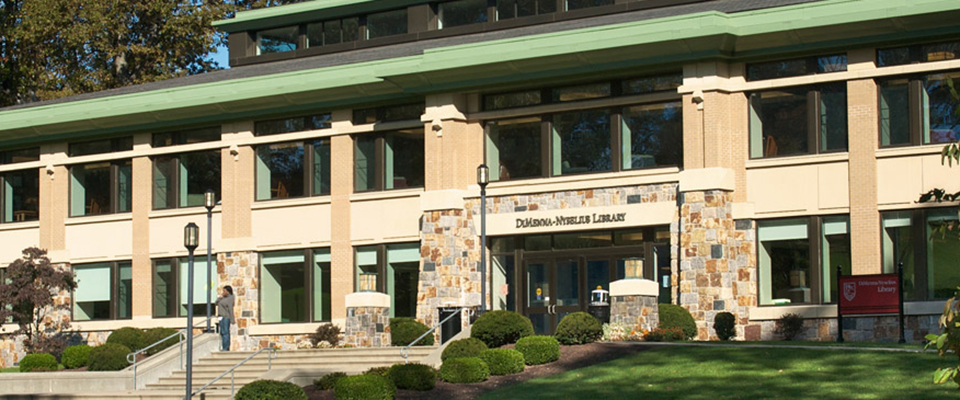On This Page
Institutional Review Board (IRB)
Fairfield University maintains an Institutional Review Board to ensure the protection of the rights and welfare of human subjects involved in research conducted at Fairfield University or by its employees and/or students, pursuant to the federal regulations (45CFR Part 46 and 21CFR Part 56).
The University's IRB system is entirely online. Login using your NetID username and password at www.fairfield.edu/irb.
Once logged in, you will be taken to an information page with instructions on how to submit a proposal, as well as important information regarding ethical guidelines, federal regulations, and IRB procedures.
If you have any questions, please contact:
Honor Code
Fairfield University's primary purpose is the pursuit of academic excellence. This is possible only in an atmosphere where discovery and communication of knowledge are marked by scrupulous, unqualified honesty Therefore, it is expected that all students taking classes at the University adhere to the following Honor Code:
"I understand that any violation of academic integrity wounds the entire community and undermines the trust upon which the discovery and communication of knowledge depends. Therefore, as a member of the Fairfield University community, I hereby pledge to uphold and maintain these standards of academic honesty and integrity."
Academic Honesty
All members of the Fairfield University community share responsibility for establishing and maintaining appropriate standards of academic honesty and integrity. As such, faculty members have an obligation to set high standards of honesty and integrity through personal example and the learning communities they create. Such integrity is fundamental to, and an inherent part of, a Jesuit education, in which teaching and learning are based on mutual respect. It is further expected that students will follow these standards and encourage others to do so.
Students are sometimes unsure of what constitutes academic dishonesty. In all academic work, students are expected to submit materials that are their own and are to include attribution for any ideas or language that are not their own. Examples of dishonest conduct include, but are not limited to:
- Falsification of academic records or grades, including but not limited to any act of falsifying information on an official academic document, grade report, class registration document or transcript.
- Cheating, such as copying examination answers from materials such as crib notes or another student's paper.
- Collusion, such as working with another person or persons when independent work is prescribed.
- Inappropriate use of notes.
- Falsification or fabrication of an assigned project, data, results, or sources.
- Giving, receiving, offering, or soliciting information in examinations.
- Using previously prepared materials in examinations, tests, or quizzes.
- Destruction or alteration of another student's work.
- Submitting the same paper or report for assignments in more than one course without the prior written permission of each instructor.
- Appropriating information, ideas, or the language of other people or writers and submitting it as one's own to satisfy the requirements of a course - commonly known as plagiarism. Plagiarism constitutes theft and deceit. Assignments (compositions, term papers, computer programs, etc.) acquired either in part or in whole from commercial sources, publications, students, or other sources and submitted as one's own original work will be considered plagiarism.
- Unauthorized recording, sale, or use of lectures and other instructional materials.
In the event of such dishonesty, professors are to award a grade of zero for the project, paper, or examination in question, and may record an F for the course itself. When appropriate, expulsion may be recommended. A notation of the event is made in the student's file in the academic dean's office. The student will receive a copy.
Academic Catalog & Schedule
Academic Calendar
Library
University Registrar
The Office of the Registrar coordinates the academic records, student registrations, and classroom scheduling functions for the University's five schools.
Career Center
Study Abroad
Fellowship Opportunities
